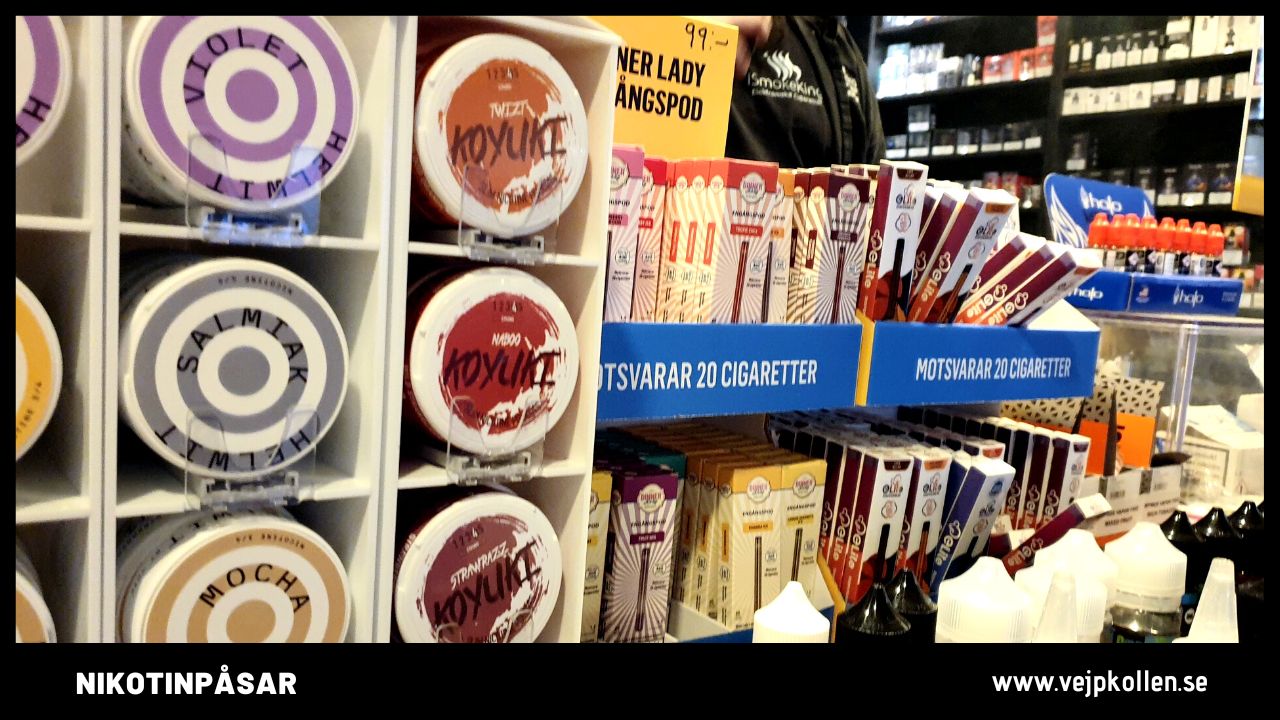"Regulate instead of banning"
That was the clear answer when the Dutch government asked the public to comment on a bill to ban nicotine pouches altogether.
Nicotine pouches could be completely banned in the Netherlands. This became clear after the Dutch government submitted a proposal to regulate nicotine pouches as tobacco products Currently, only very low nicotine portions can be sold in the Netherlands and the new law would ban all sales of nicotine pouches.
Encouraged users
Reactions from users and other interest groups were immediate. ETHRA, the European Tobacco Harm Reduction Advocates, encouraged users to contact the Dutch government and in less than a month nearly 130 comments have been submitted.
"Do they want the kids to smoke again?"
Most of the comments come from Dutch individuals. A majority think that the government is on the wrong track and that nicotine pouches should become more accessible, rather than the other way round.
"This is the latest in a long line of nicotine-related products that the government wants to ban. One has to ask why? It's as if the government wants to encourage young people to start smoking again," writes one person. anonymous user from the city of Roermond.
Taking examples from Sweden
Many responses refer to Sweden and the fact that smoke-free nicotine products, such as nicotine pouches, have been very effective in driving smoking down to low levels. Currently, almost 20 per cent of the Dutch population smoke, compared to almost 5 per cent in Sweden. Dozens of comments also come from Swedish organisations and companies.
According to EPHI - Environment and Public Health Institute - a Swedish think tank that advocates innovation to address environmental and health challenges, the Netherlands risks losing important tools to improve public health. CEO Marie Söderqvist argues that the EU's goal of reducing smoking in Europe to Swedish levels (5 per cent of the population) will be difficult to achieve in the Netherlands if nicotine pouches are regulated away.
"Oral nicotine products are a key reason why so few Swedes smoke today. We have reached the EU target of five per cent 18 years ahead of schedule. We therefore urge the Dutch government to rethink and consider a Swedish model for legislation instead," writes the report. Marie Söderqvist and EPHI.
"Regulation - not prohibition"
The network EU for Snus, as well as the lobbying organisation Nordic Nicotine Pouches Alliance (NNPA) and Helix Sweden AB (which produces white snus) agree that regulation is a better alternative to a ban on nicotine pouches.
"High nicotine pouches are already de facto banned in the Netherlands. Nevertheless, 200,000 Dutch people use nicotine pouches with higher nicotine levels than allowed. They buy them from shops that sell them illegally, or import them themselves. The high demand for alternative nicotine products should lead to regulation - not more bans," writes the report. Jonas Lundqvist CEO of NNPA.
Wondering what the purpose is
Swedish Snus Manufacturers' Association points out that nicotine pouches are neither banned nor regulated in the rest of the EU. And that the Dutch government has not proposed a ban on much more dangerous nicotine products, such as cigarettes.
"A ban should have a purpose, such as improving public health or protecting the environment. By banning nicotine pouches without simultaneously banning cigarettes, the logic behind the whole reasoning of "protecting" the population falls apart. One wonders what the purpose is, really?" writes Patrik Strömer, Director General of the Snus Manufacturers' Association.
Mr Strömer suggests age limits, health warnings, marketing restrictions and a list of ingredients on packs as an alternative to banning nicotine pouches.
Flavour ban in October
The Dutch government will consider the comments in the spring. However, the Dutch flavour ban on e-cigarettes and e-liquid (more on this here) will come into effect on 1 October 2023.




